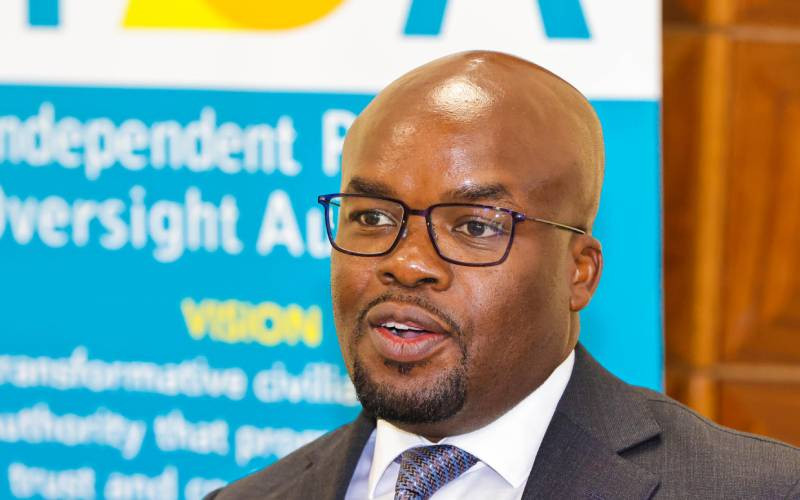The government’s push for stricter social media oversight has sparked debates about its potential to stifle free speech and creativity. Recent experiences in Brazil and the United States serve as cautionary tales. In Brazil, attempts to control social media content on platforms like X led to widespread backlash, with users resisting what they perceived as censorship. Similarly, the United States faced tensions with TikTok over national security concerns, leading to public pushback and regulatory challenges
The Kenyan government has announced plans to establish a centralized hub for reporting and sharing information to protect social media users from what the government terms “fraudulent activities and cyber threats.” Dr Raymond Omollo, the Principal Secretary for Internal Security, emphasized that the growing misuse of social media, with individuals disregarding the limits of free speech, calls for urgent action.
“Given the real-world impact of digital actions, a more pronounced physical presence of enforcement agencies is essential. We must also implement effective deterrent measures against repeat offenders to curb digital misconduct,” Dr Omollo said.
A national framework for content moderation and filtering will also be explored to ensure responsible access to digital content. The Ministry’s move to introduce content control has raised concerns about the potential negative implications for free expression. The government plans to roll out sustained public sensitization to foster a safer online environment for all, with various stakeholders playing a key role.

During a recent engagement with telco operators and social media organizations, Dr Omollo highlighted the growing consensus that further action is required to address the misuse and abuse of digital platforms. “Platforms must actively monitor and take action against violent, hateful, unbalanced, and unmoderated content,” he stressed.
However, the government’s push for stricter social media oversight has ignited debates about its potential to stifle free speech and creativity. The recent experiences in Brazil and the United States offer cautionary tales. In Brazil, attempts to control social media content on platforms like X led to widespread backlash, as users resisted what they saw as censorship. Similarly, the U.S. faced tensions with TikTok over national security concerns, prompting public pushback and regulatory challenges. In both cases, overreach resulted in political ramifications and amplified the very issues governments hoped to address.
PS Omollo acknowledged that while technology is central to modern governance, it brings both benefits and challenges. “Kenya’s creative economy has gained global recognition, with agreements with platforms like YouTube, X, and Facebook enabling youth to monetize their digital content,” he said. However, with growth comes the need for regulation, especially as the misuse of these platforms grows.
The Ministry of Interior, through the National Computer and Cybercrime Co-ordination Committee (NC4), is actively coordinating efforts to secure cyberspace for both the government and the public. One of the committee’s key initiatives is the enactment of the Computer Misuse and Cybercrime (Critical Information Infrastructure and Cybercrime Management) Regulations, 2024, which operationalizes the Computer Misuse and Cybercrimes Act (CMCA).
Despite these regulatory efforts, some fear that overreaching government intervention might disrupt the delicate balance between fostering innovation and stifling creativity. “Operators must reassess their content access and use models, including user identification. Greater firmness is required from telcos and platform owners in addressing criminal activities online,” PS Omollo said.
Ultimately, while the government seeks to create a safer digital environment, the challenge will be in striking a balance that prevents exploitation while maintaining freedom of expression. The experiences of other nations should serve as a reminder that heavy-handed regulation could easily backfire, making the government’s task even more complex.





